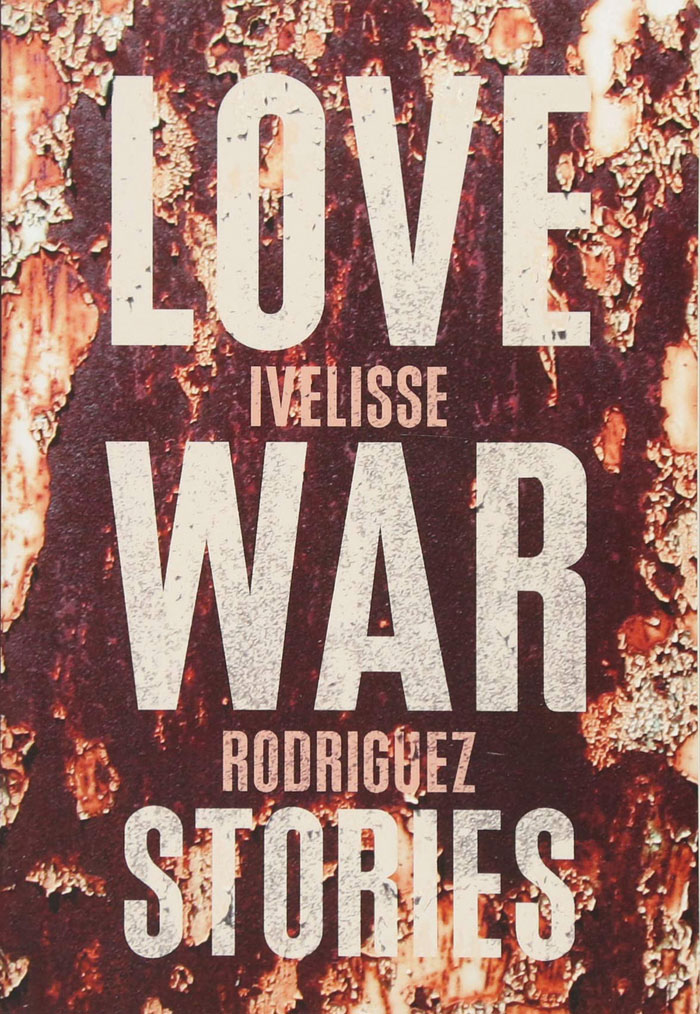Ivelisse Rodriguez, a new voice in modern fiction
Published 12:00 am Sunday, April 14, 2019
By Deirdre Parker Smith
deirdre.smith@salisburypost.com
Ivelisse Rodriguez, an adjunct professor at Catawba College, is anxiously waiting to see if her first book, a collection of short stories called “Love War Stories,” will win the prestigious PEN Faulkner award.
For a writer, the PEN Faulkner is special, because it’s a juried prize. And Rodriguez’s book is the only book of short stories of the five finalists. Other nominees include Richard Powers for “Overstory,” a national bestseller.
She also has the only book from a small press, The Feminist Press at City University of New York. And she is Latina, born in Puerto Rico, writing about the strange dichotomy in her culture — “Women have a hard time, trying to adjust to cultural expectations, very contradictory messages. You need a man, but men are awful.”
“The Belindas” is one of the longest and most intriguing stories. Belinda is a girl who was in love, had a boyfriend who left her. She’s smart and well-educated, but that isn’t enough. She becomes a new Belinda, eating her way into a grossly fat body she knows can’t be loved. Yet she stalks her ex-boyfriend and his new woman. Belinda’s new body is one she can hide in.
Rodriguez says the most autobiographical story is “The Light in the Sky,” about a woman and her mother who journey back to Puerto Rico after being in America for decades. “People keep asking me, when are you going to get married, when are you going to have children, and I say ‘Never’ and they “Good for you.’”
Press material from her publisher calls her themes Nuyorican, meaning stories from the perspective of Puerto Rican people who ended up in New York and New England. Rodriguez grew up in Holyoke, Massachusetts, which has a large Puerto Rican enclave.
Rodriguez said one of the really important things about her collection is she shifted the narrative to the continental United States. “So many Puerto Rican stories are about immigration and I wanted to get away from that.”
Her book is focused the Puerto Ricans of New York, but there are other big Puerto Rican enclaves, like hers in Holyoke, Mass., in Cleveland, Ohio; Hawaii, Orlando.
She wants to tell the memoirs of people who came to the United States. She wants to move on from the nostalgia for a lost homeland and the challenges of learning English.
“I wanted to focus on how love narratives are detrimental to women, that we should be showing girls and young women that there are things more important than love, like kindness, compassion, consideration.”
“El Qué Dirán,” the first story, is about Lola, whose husband left seven years ago for America to build a better life, but has never returned. He missed the birth and death of their child. Lola walks the streets moaning and crying, becomes an object of laughter. Living with her sister, Lola’s behavior taints the family and ruins her niece’s chances at love and marriage. El qué dirán roughly translates to what they say or what say, an idiom hinting at gossip.
“This shows that it’s a terrible thing being a woman … women end up taking so much abuse in service of the idea of love,” Rodriguez says. For these women, love is not just obsession, it is possession — they become a man’s possession.
Rodriguez goes places in Puerto Rican culture that mirror American society — she writes a short story, “Summer of Nene” that explores responsibility, love, loyalty, tragedy and two boys struggling with their sexual identity. “La Hijá de Changó” delves into Santeria, an Afro-Cuban religion — some say cult — with multiple gods that includes the worship of Roman Catholic saints. Some Puerto Rican women practice it, make sacrifices based on Santeria beliefs, in order to find a man.
The collection is a fascinating look at an old, enduring culture. It is shocking to see how poorly women are treated, and Rodriguez is calling out to those who perpetuate the myths and continue predatory behavior.
The PEN Faulkner will be announced April 29, and Rodriguez can hardly contain her excitement. What does it mean to her? It will get her noticed, she says, and give her a chance to do more writing. She’s working on a novel, but it’s slow going because she has five jobs.
She teaches English composition at Catawba College, she’s teaching an online class at a different school, she’s tutoring at High Point University and doubling as a learning excellence specialist and she edits someone’s emails monthly.
“I travel a lot, it’s been crazy.” By May, three of her jobs are over. “I hope I can make it through the summer. A goal of writing supporting me is not realistic. Full-time writers make $20,000 I saw in a report; part-time make $6,000. I have to find a full-time job, and I’m hoping to teach creative writing.”
She’s going back on the job market and she knows being nominated for a PEN Faulkner award will help. “I was nosy and pushy” and got on the list, she said. “It seemed so far-fetched. I had my eye on other PEN awards” ones that seemed more in the realm of possibility, like best short stories from a debut author.
“When they called and said I was a finalist, I thought, ‘Has a miracle just occurred here?’ It’s crazy. I’m so honored. … I feel like I won already” just by being nominated. “The cool thing is we all get to read at the ceremony May 4.”





